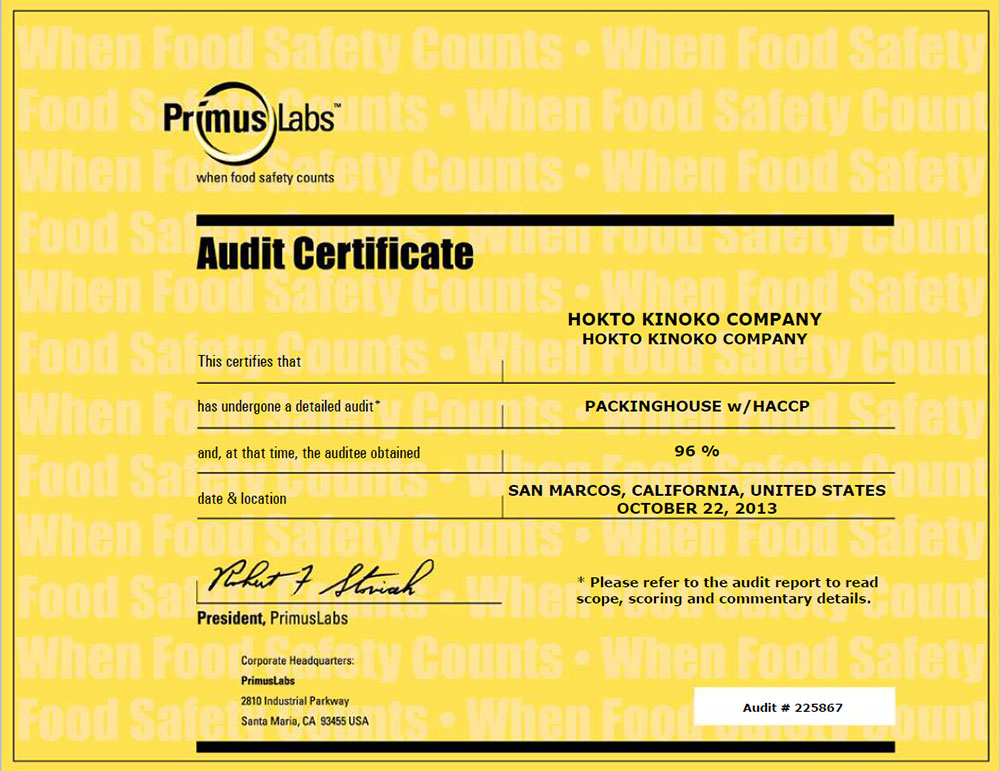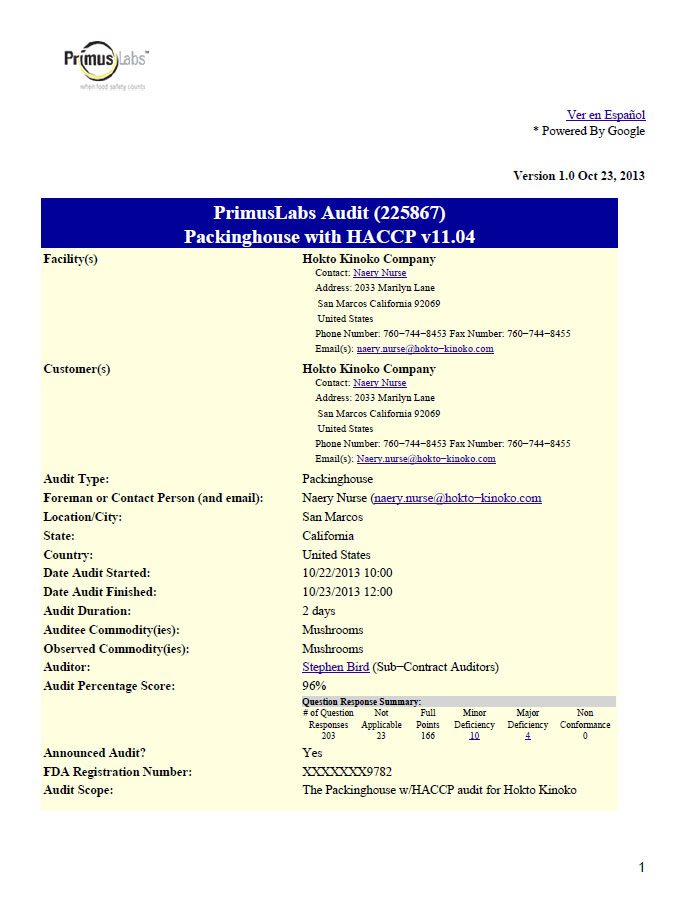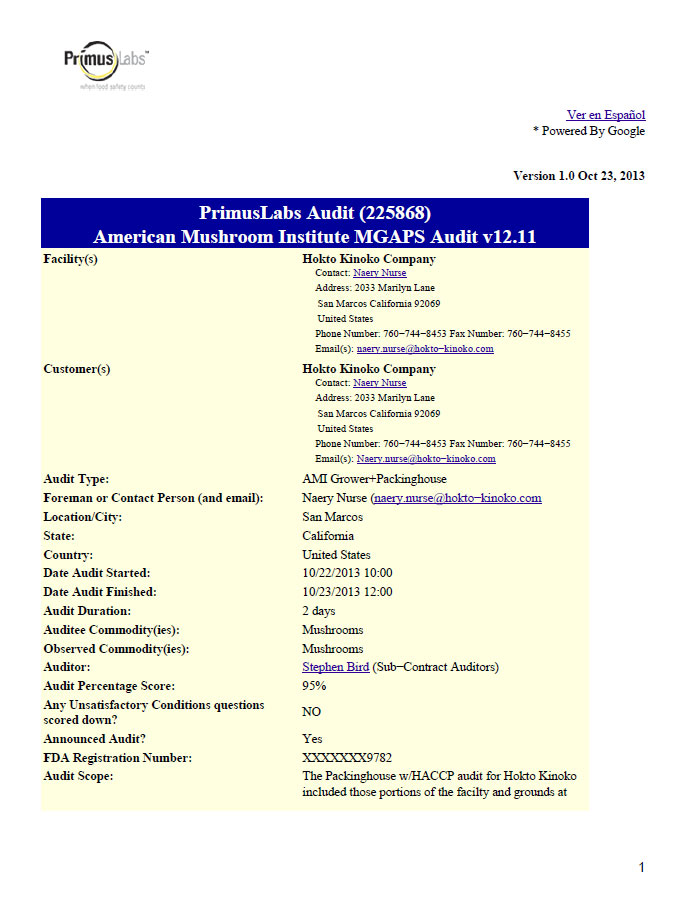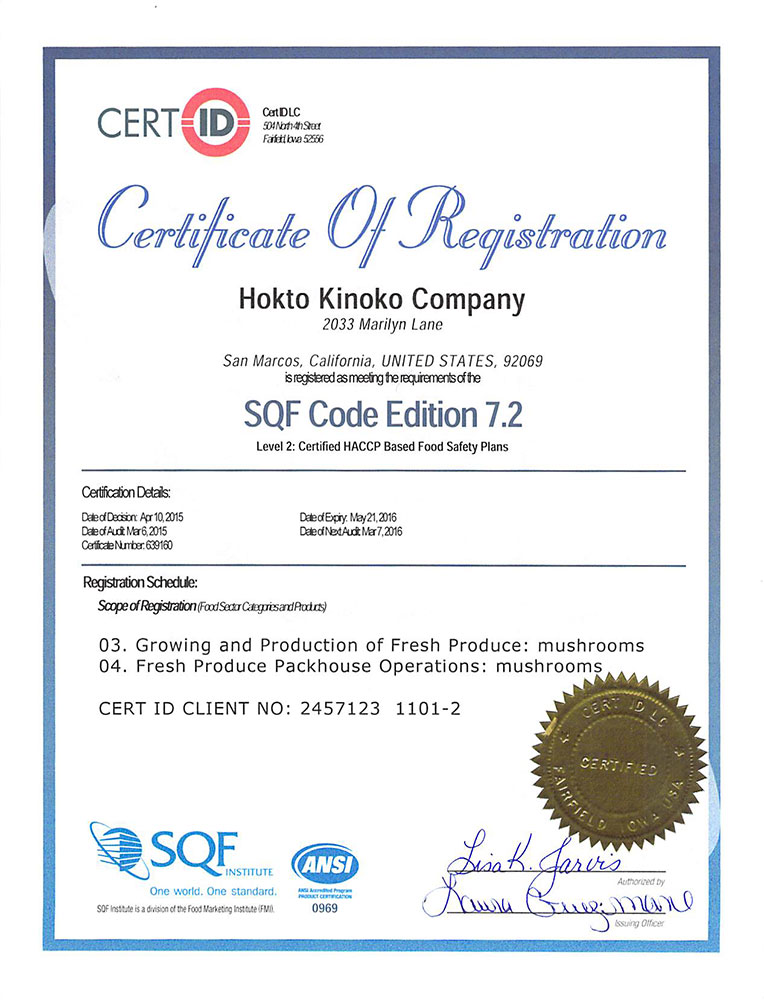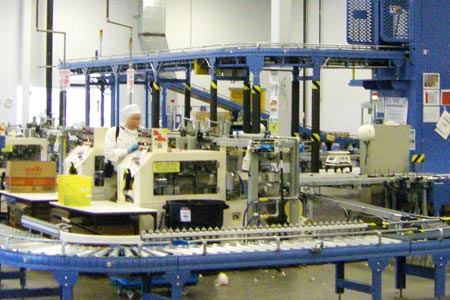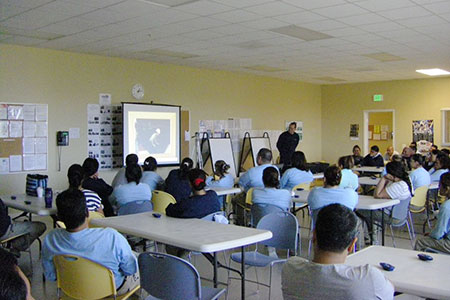
Hokto mushrooms are grown, harvested, packaged, and shipped under the strict control of our Quality Assurance and Food Safety Program. With complete control over the culture technology and production management, Hokto mushrooms deliver unparalleled consistency, quality, taste and most importantly, food safety.
Hokto Kinoko mushrooms are free of chemicals and additives!
Our mushrooms are grown in 100% organic culture materials, and are completely free of any additives or chemical compounds. Hokto Kinoko mushrooms are all pure and natural. Additionally, our mushrooms contain none of the agrichemical ingredients listed below.
No Agrichemical
An agrichemical is any substance used to help manage an agricultural ecosystem, or the community of organisms in a farming area. Agrichemicals include: (1) fertilizers, (2) liming and acidifying agents, (3) soil conditioners, (4) pesticides (insecticides, herbicides, etc.) and (5) chemicals used in animal husbandry, such as antibiotics and hormones. The use of agrichemicals has been critical to the raising crops for food. However, some of these chemicals cause substantial environmental, health, and ecological damage, greatly reducing their benefits. (source: http://www.scienceclarified.com/A-Al/Agrochemical.html)
No Preservatives
A preservative is a chemical substance that is added to food, beverages, and many other products to keep it fresher longer. Preservatives prevent decay and decomposition, also protecting the food against discoloration and spoilage.
There are no preservatives in Hokto Kinoko products.
No Food additives
Chemicals can end up in food – either intentionally for a technological purpose (e.g. food additives), or through environmental pollution of the air, water or soil. Chemicals in food are a worldwide health concern and are a leading cause of trade obstacles.
Because of inherent limitations of science, the US Food and Drug Administration can never be absolutely certain of the absence of any risk from the use of any chemical substance. Therefore, the FDA must determine – based on the best science available – if there is a reasonable certainty of no harm to consumers when an additive is used as proposed.
In fact, the FDA maintains a data base of more than 3,000 ingredients used in the US food supply. An article from bebrainfit.com suggests that various combinations of these common food additives appears to have a neurotoxic effect (harms the brain)—pointing to the important fact that while low levels of individual food additives may be regarded as safe for human consumption, we must also consider the combined effects of the vast array of food additives that are now prevalent in our food supply. Some of these food additives and preservatives allowed by FDA may even raise risks for cancer and heart disease.
We at Hokto add absolutely no chemical additives to our Kinoko or to the growning media. Our Kinoko are pure and natural and 100% mushroom.
No Manure
Aged manure is often used as fertilizer for farming operations. Manure is animal feces used for fertilizing land, as it can contribute to soil fertility by adding nutrients such as nitrogen, which are trapped by bacteria in the feces and transferred to the soil. Manure and compost not only supply many nutrients for crop production, including micronutrients, but they can also serve as valuable sources of organic matter. Increasing organic matter in soil improves structure of soil.
But growth-promoting hormones can pass through cattle to their manure. Some scientists are increasingly concerned about the environmental impacts of this hormone residue as it leaks from manure into the environment, contaminating soil, and surface and groundwater. Bovine feces may also have residual rBGH and other growth hormones.
References: GRACE Communications Foundation – Hormones / National Center for Biotechnology Information, U.S. National Library of Medicine – Heavy metals pollution in poultry and livestock feeds and manures under intensive farming in Jiangsu Province, China.
We at Hokto never use any manure.
No herbicides
Herbicides are chemicals used to control unwanted plant growth, such as weeds. The term organic herbicide has come to mean herbicides intended for organic farming. Some herbicide are poisonous, and long term use can damage both the Earth and its inhabitants. Herbicidal drift happens regularly, and given the volatility of many herbicide ingredients, it can move to a non-target area and cause untold damage.
We at Hokto never use any herbicides.
No fumigant
Fumigants are volatile, poisonous substances sprayed on farms to kill insects, nematodes, rats, weeds, pathogens, and other organisms that damage crops. Because these substances may kill other soil organisms that ordinarily control nematodes by predation or infection, serious nematode infestations may follow fumigation.
We at Hokto never use any fumigants.
No pesticides
According to The Food and Agriculture Organization (FAO), the International code of conduct on the distribution and use of pesticides defines pesticides as: “Any substance or mixture of substances intended for preventing, destroying or controlling any pest, including vectors of human and animal disease, unwanted species of plants or animals causing harm during, or otherwise interfering with, the production, processing, storage, transport, or marketing of food, agricultural commodities, wood and wood products or animal foodstuffs, or which may be administered to animals for the control of insects, arachnids or other pests in or on their bodies.” (http://www.fao.org/docrep/x1531e/X1531e02.htm#1)
Pesticides are toxins, and have been linked to a number of health problems, including neurologic and endocrine (hormone) system disorders, birth defects, cancer, and other diseases. Although it is widely understood that exposure to pesticides is dangerous to humans, the Center for Disease Control and Prevention (CDC) has released data showing a high percentage of individuals that were tested had certain pesticides or the chemical breakdown of those pesticides (metabolites) in their blood and/or urine. CDC research also shows that people in the US carry levels of pesticides in their bodies that in some cases exceed the EPA’s acceptable levels. While pesticides were originally developed to protect crops by destroying threats to those crops, the fact is that farm animals, wildlife, and humans can become ill or dies after exposure to even a small amount of a pesticide.
References: US Environmental Protection Agency – Pesticides / Evaluating Pesticides for Carcinogenic Potential
We at Hokto never use any pesticides.
No chemical fertilizer
Chemical fertilizers are synthetic compounds that have been refined to extract nutrients and bind them to other chemical fillers in order to promote better, faster plant growth. Many artificial fertilizers contain acids, such as sulfuric acid and hydrochloric acid, which tend to increase the acidity of the soil, reduce the soil’s beneficial organism population, and interfere with plant growth.
Generally, healthy soil contains enough nitrogen-fixing bacteria to satisfy the needs of growing plants. However, continued use of chemical fertilizer may destroy these nitrogen-fixing bacteria and change the soil’s pH, resulting in a toxic buildup of chemicals such as arsenic, cadmium, and uranium. Bacterial disease resulting from the lack of trace elements in soil regularly dosed with chemical fertilizers is not uncommon.
We at Hokto never use any pesticides in the growth of our pure, natural, delicious Kinoko.
SQF, GMP MGAP, Certification Audits & HACCP
The audit processes
We are certified with Good Manufacturing Practices (GMP), the SQF Program (SQF), Hazardous Analysis and Critical Control Point program (HACCP), and comply with Mushroom Good Agricultural Practice (MGAP) guidelines.
Hazardous Analysis and Critical Control Point program (HACCP)
Hokto employs apply a Hazardous Analysis and Critical Control Point (HACCP) program. This is a formalized, written plan that defines the exact procedures we follow for maintaining control of potentially hazardous food at the critical control points of food preparation or processing. This management system insures that food safety is directly addressed through the analysis and control of biological, chemical, and physical hazards that can result from raw material production, procurement, and handling. The process extends all the way through to our manufacturing and distribution of finished products.
The Safe Quality Foods Program (SQF)
We are also certified in the SQF Program which is recognized by the Global Food Safety Initiative (GFSI) and links the primary production certification to food manufacturing, distribution and agent/broker management certification.
Other Certification Audits
GMP
Good manufacturing practice (GMP) is the aspect of quality assurance that warrants that all products are consistently created and controlled at the proper level of quality standards as required by regulatory agencies for that region, and also appropriate for their intended use.
In the United States, it is mandatory to follow all GMP standards; this is enforced by the Food and Drug Administration (FDA).
MGAP
Mushroom Good Agricultural Practices (MGAP) – the industry-wide food safety standards and procedures set for growing, harvesting, and shipping fresh mushrooms – are used by growers to improve and document safe mushroom growing practices.
The specific guidelines for this audit program were provided by the American Mushroom Institute and Penn State University, and are contained in the publication “Industry-Wide Food Safety Standards for Fresh Mushroom Growing, Harvesting, and Shipping.” This program has very detailed guidelines for each subject, including water safety, prevention from contamination, production security, etc. (source: https://www.ams.usda.gov/services/auditing/gap-ghp/mushroom-gap)


